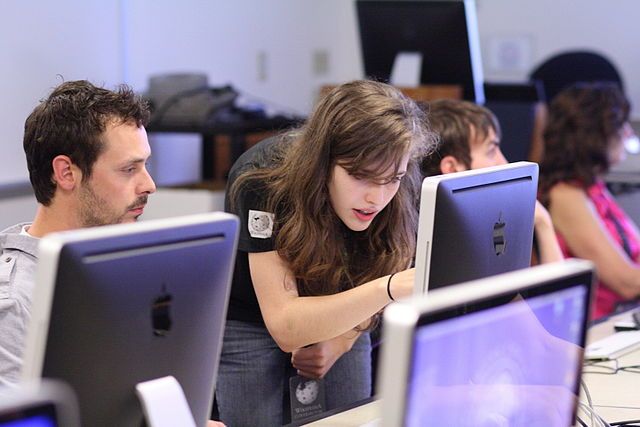A think-tank has criticised the government’s call for a 2 percent reduction in funding for vocational education and the upper-secondary students at the gymnasiums. Further education is already getting less than the OECD average, contends Kraka, receiving less support per capita than students in countries like Slovenia and Mexico.
“The government’s argument for cutting the cost of upper-secondary education is that Denmark spends a lot when compared internationally,” Nicolai Kaarsen, an economist at Kraka, told Politiken. “That is simply not the case.”
Quality drop
Kaarsen said he is afraid that the quality of education will drop.
“When you cut education, there is of course more money for other things – such as the elderly and health services – but it also impacts on the future and will lower productivity,” Kaarsen said.
READ MORE: More young people continuing their educations
Denmark is above the OECD average for national expenditure on further education as a share of GDP, but if the number of students is included in the equation, Denmark drops to 24th out of 34 countries.
Not how much, but where
Ellen Trane Nørby, the education minister, said the amount of money spent has nothing to do with the quality of education.
“It all depends on how the money is spent and where it is focused,” said Nørby. “Since 2008, we have spent 4.5 billion kroner extra on further education.”















